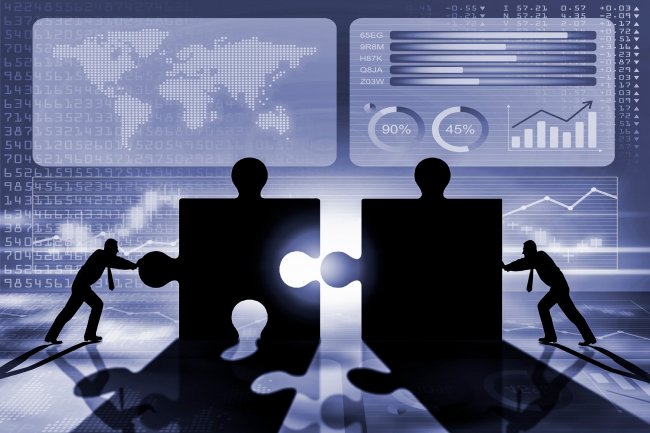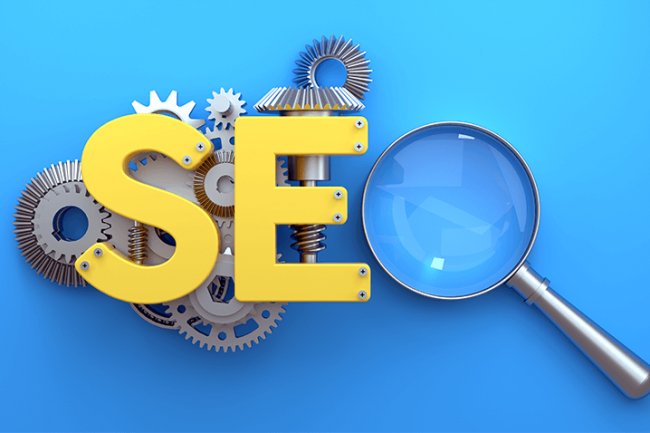The complete guide to thriving in the "new world" of the Metaverse.
Envision being able to attend a concert as if you were standing directly in front of the stage without ever having to leave your house, or putting on clothing without ever having to leave your home, or working in a virtual workplace as if it were a real one. The metaverse has the potential to alter our social dynamics.

Since Mark Zuckerberg, the founder of the social networking site Facebook, revealed that this would be the name of his future big technological project, the word "Metaverse" has arguably become one of the most often inquired about words in recent times. But could you perhaps explain this notion in more detail?
What exactly is the metaverse?
Before we can know what it is, we need to have a good understanding of what it implies. The phrase "metaverse" is a portmanteau that consists of the Greek word "meta," which means "beyond" or "beyond," and the word "verse," which refers to the "universe." Therefore, we are discussing a world that is beyond what we now know. In this instance, we're talking about a brand-new virtual environment that exists in three dimensions (3D) and enables users to communicate with one another, work, play, learn, and carry out a variety of other activities, including financial transactions. All of this should be done in a decentralised fashion.
Although Mark Zuckerberg is the owner of a number of different technology companies, including Instagram, WhatsApp, Messenger, and Oculus, among others, he did not develop the idea of a metaverse on his own. Instead, he chose to rebrand Facebook as Meta in order to emphasise the significance of this undertaking for his conglomerate of businesses. This idea was first presented in the novel Snow Crash, a work of science fiction authored by Neal Stephenson that was subsequently adapted for the big screen. The book was published some decades ago.
It is essential that you are aware that the term "metaverse" does not relate to a specific platform or brand but rather to the idea of virtual space. In point of fact, the online video game company Roblox has its own metaverse and is a pioneer in the development of several aspects. This is in part due to the fact that it has experience working with the virtual worlds that its users have created, as well as the fact that it hosts major events on its platform. There are other platforms such as Decentraland and The Sandbox that are built on blockchain technology and have established their very own metaverses. Both of these platforms have been developed by their own communities.
In spite of the fact that it is currently simple to differentiate between the digital world and the real world, as well as between the online and offline worlds, a boundary will be established with the advent of the metaverse. The metaverse will combine the virtual and real worlds, and it will make it possible for us to engage in day-to-day activities such as working, playing, getting together with friends, attending concerts or sporting events, and so on.
The metaverse: how does it function?
With the internet, we are able to engage via a screen on a computer, smartphone, tablet, or any other device at any time and in any location (i.e. anytime, anywhere), but with the metaverse, the limit of that screen disappears, enabling an experience that is more immersive. It is as if we are taking part in a video game, moving about through an avatar that represents us and is able to touch and move items, interact with other people (or their avatars), and have an effect on the surrounding environment.
Although a computer provides access to the metaverse, there are other technologies, such as virtual reality headsets and augmented reality glasses, that provide an experience that is even more lifelike. In addition to how we get into it, the most important aspect of the metaverse is what we are able to do once we are already there, and this is made possible by Web 3.0, sometimes referred to as web3 for short.
In contrast to the hypertext (links) foundation of Web 1.0 and the interaction (social networks) foundation of Web 2.0, the foundation of a Web 3.0 website is the generation and trading of non-fungible digital assets (NFTs) utilising blockchain technology. Users and developers may own their own data and content, as well as own and trade non-fungible tokens, for example, thanks to blockchain technology, which provides the foundation for the decentralisation of the metaverse. Blockchain is the foundation.
What kinds of things are there to do in the metaverse?
Because the metaverse is still in its early stages of development, during which time firms like Facebook (now known as Meta) are building the infrastructure required for it to function, it is not yet obvious what the boundaries of what can and cannot be done are. In addition, the developers of it have the goal in mind that users will be able to submit ideas and have those ideas implemented in the metaverse to the degree that the technology will allow.
What does appear to be a given is that it will be an evolution of the internet as we know it now; hence, some of the most significant changes will take place in the ways in which we consume and produce information, as well as in the ways in which we engage socially:
Work. During the presentation of his metaverse, Zuckerberg made it abundantly clear that one of the goals was for it to become a place of work, where people could congregate in virtual spaces as if they were there physically and where they have access to the necessary tools to hold meetings, work, give presentations, and other such activities.
Have fun. One example of how the entertainment business may alter is if it were possible to attend a concert and have the sensation that you are in the same room as the performer and the audience without having to physically move from your living room. Depending on the requirements of the spectators, mass events might take place either physically, virtually, or in a hybrid format.
Shop. Even though it is presently possible to buy online, using the metaverse would make the experience feel much more genuine. This is because the user's avatar would be able to digitally try on things, and the user would be able to visualise how they would appear when they were actually wearing the clothes. You could also communicate with the vendor in the same manner that you would in a real shop by asking them questions about the articles or asking for their opinion. This would be similar to the experience you would have in a traditional store.
How to maximise your potential in the metaverse?
Companies in the technological sector like as Microsoft, Google, Apple, Epic Games, and a great many others are, in addition to Meta, working on the development of apps and tools in order to participate in this newly emerging virtual universe.
In addition, there are businesses operating in a wide variety of industries who have demonstrated an interest in capitalising on the commercial prospects presented by the metaverse. The result of this will be the formation of a new financial ecosystem that will be built on blockchain technology and cryptocurrencies and which may be analogous to the real world.
For instance, the international fashion giant Nike created Nikeland, a parallel world that is housed on the Roblox gaming platform. This reality enables users to work out or dress in their brand's apparel through their avatars. In order to conduct virtual testing that would later be carried out in real life, the automobile manufacturer BMW intends to build an identical copy of one of its plants and use it to test new technologies. The real estate firm known as Metaverse Property not only handles the renting out or maintaining of virtual homes, but it also sells parcels of land in numerous of the metaverses that have previously been developed.
Because NFTs are a component of the economy of the metaverse as a whole, they may be bought, sold, and exhibited inside these many virtual worlds.
When do you expect the metaverse to be ready for use?
The availability date is one of the most often requested topics about the metaverse. Different metaverse systems are still in need of software and hardware advancements in order to provide the experience they promise. For example, Facebook's creator has stated that his company's goal is to build something that will last for a very long time.
A firm release date may never be set. Instead, advancements in technology might be included as they become available.
What's Your Reaction?




















